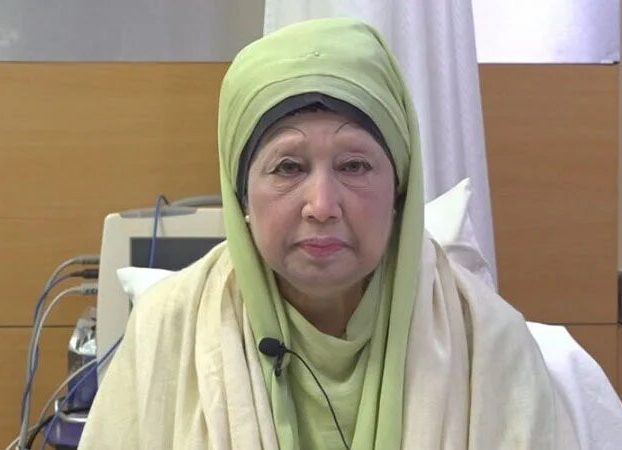
Bangladesh Bank has issued detailed guidelines for consolidation of commercial banks. It has detailed instructions on how a bank will merge with another bank. However, there is no action to take any punitive action against those who have weakened the bank or finance company in the policy.
Individual depositors of the merged bank have been directed to pay their money on priority basis. Institutional depositors have to repay the money within a specified period. Banking activities should be kept normal.
In this regard, a circular was issued by the central bank on Thursday and sent to the chief executives of commercial banks. It said that this directive will come into effect immediately.
According to the circular, the Central Bank has been empowered to merge commercial banks and finance companies under the Bank Companies Act. The central bank has issued that policy under that authority.
According to this policy, a weak bank or finance company can merge with a strong bank. In this case, the ownership of the weak bank or finance company will be transferred to the strong bank. The weaker bank will be identified as the transferee bank or the acquiring bank. In this case, individual depositors of weak banks or finance companies should be paid on priority basis.
If necessary, a specific payment policy should be made. Institutional depositors have to repay the money in full within a specified period. In this case, a plan should be approved by the central bank. The central bank can change various aspects of the plan if it deems necessary. Accounts and banking transactions of individual and institutional depositors should be kept active. If necessary, they should also provide new loan facilities. In this case, the rules of the acquiring bank will be applicable.
It further states that no officer-employee of the transferor bank or finance company can be retrenched by the transferee bank before the completion of 3 years. However, after 3 years, the reorganized or transferee bank can take appropriate decision after evaluating the performance of those officers and employees.
After the amalgamation, no incumbent director of the transferor bank or finance company can be appointed as a director on the board of directors of the transferee bank. However after the lapse of 5 years, the shareholders of the transferor bank may be included as directors in the Board, subject to the requisite qualifications and suitability in proportion to their shareholding.
In the case of those who were responsible as directors at the time of merger, one of the qualifications for becoming a director must be that the condition of keeping them regular without any rescheduling or restructuring in the loan or investment bank or financial institution within a period of 5 years. If they have rescheduled or restructured the loan in those 5 years, they can no longer be a director.
Managing Director (MD), Additional Managing Director (AMD) and Deputy Managing Director (DMD) of a defunct bank or finance company cannot be held in any position in a consolidated bank.
If the board of directors of the merged bank deems fit any officer of the position of managing director, additional managing director and deputy managing director of the defunct company, it can appoint any suitable post on the basis of new contract. However, if the transferring bank or finance company is a government-owned institution, then the government can retain or transfer the managing director, additional managing director and deputy managing director of the concerned bank or finance company to another bank or financial institution.
It is said that the loan acquired from the transferor bank or finance company should not be defaulted and necessary initiatives and measures should be taken by forming a separate unit or department to supervise the loans and recover the defaulted loans. After the asset management company is formed, the defaulted loans or investments along with the collateral taken against the loans or investments can be sold. Some of the activities of the transferor company should be continued in the transferee bank.
The policy also states that if a weak or distressed bank or finance company merges with another bank, financial indicators such as capital, liquidity, defaulted loans etc. may be affected. In this case the central bank will provide policy support.
Capitalized losses of the transferee company may be converted into part of the bank’s goodwill. The remaining part has to be adjusted or paid from the income of the bank in a certain period.
The acquired bank or finance company will be liquidated at some point. will be known by the name of the acquiring bank. According to the policy, apart from bank or finance company, any branch can also be acquired.
There is no provision in the policy to take any punitive action against banks or finance companies which have been weakened due to irregularities and corruption. As a result, those who looted are getting away. But only willful defaulters will be punished.

 Reporter Name
Reporter Name 


















